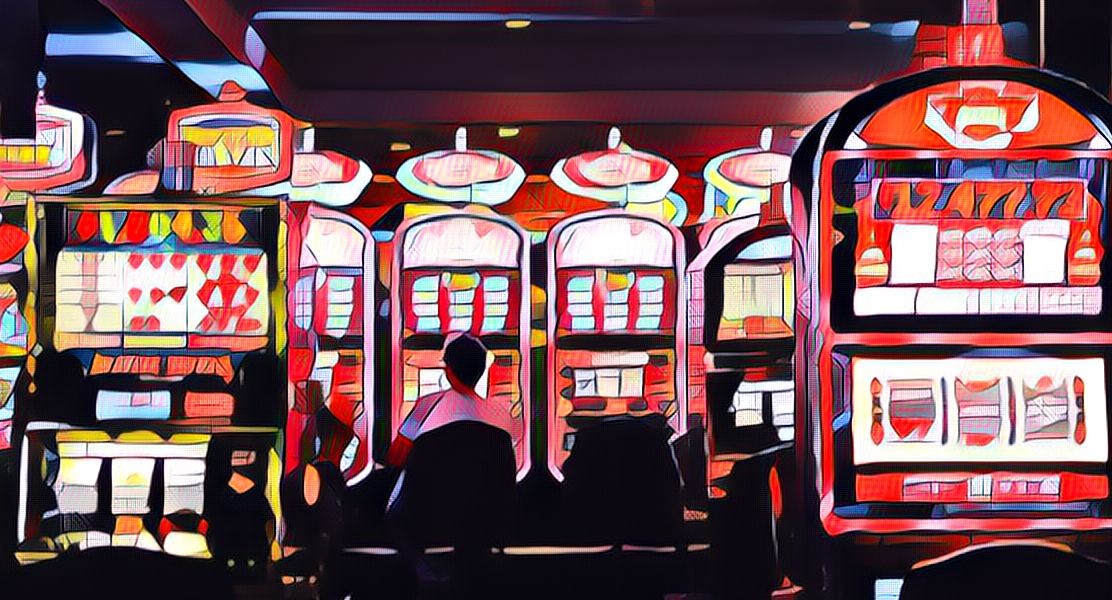U.S. Supreme Court declines to halt Nevada worship service limits

By a 5-4 vote, the U.S. Supreme Court has again declined to hear an emergency appeal challenging limits on worship service gatherings. The ruling leaves in place Nevada Gov. Steve Sisolak’s order limiting worship services in the state to no more than 50 attendees, after a Nevada District Court ruled in favor of the governor, and the 9th U.S. Circuit Court of Appeals declined to issue an injunction pending the church’s appeal.
There was no written opinion from the majority, merely a denial of the application brought by Calvary Chapel Dayton Valley. The dissenting justices highlighted the fact that Nevada’s rules place fewer restrictions on casinos than houses of worship. That fact, they emphasize, distinguishes the case from the Court’s 5-4 decision rejecting another emergency appeal (South Bay United Pentecostal Church v. Newsom) that upheld California’s worship service limits. There, Chief Justice John Roberts explained in a concurrence that allowances for grocery store visits and other shopping did not have to be extended to worship services under the First Amendment, in part because they pose different levels of risk in terms of spreading the virus.
Here, Justice Brett Kavanaugh, while acknowledging that “[r]eligion cases are among the most sensitive and challenging in American law,” argues the Chief’s earlier reasoning does not apply in the Nevada case.
[T]his case is much different because it involves bars, casinos, and gyms. Nevada’s COVID–19-based health distinction between (i) bars, casinos, and gyms on the one hand, and (ii) religious services on the other hand, defies common sense. As I see it, the State cannot plausibly maintain that those large secular businesses are categorically safer than religious services, or that only religious services—and not bars, casinos, and gyms—entail people congregating in large groups or remaining in close proximity for extended periods of time. In any event, the State has not yet supplied a sufficient justification for its counterintuitive distinction.
The Nevada restrictions do seem to pose a tougher First Amendment argument than the California order. Legal scholar Marty Lederman explains why he is sympathetic to both sides of this dispute, writing in a Twitter thread that “the dissenters are right to be outraged at Nevada’s cavalier deference to bars, gyms and, especially, casinos.” Noting the “detailed health measures that apply to some commercial enterprises,” he also acknowledges “No one would be comfortable w/the sort of policing in the pews that would be necessary to enforce those rules.” Either way, the dispute underscores the difficulties local officials face in balancing the demands of public health with the need to facilitate economic activity to the extent possible, all the while maintaining individual rights guaranteed under the law.
In joining the majority here, Chief Justice Roberts appears to have particularly meant one key argument he made in South Bay, when he wrote:
Our Constitution principally entrusts “[t]he safety and the health of the people” to the politically accountable officials of the States “to guard and protect.” When those officials “undertake[ ] to act in areas fraught with medical and scientific uncertainties,” their latitude “must be especially broad.” Where those broad limits are not exceeded, they should not be subject to second-guessing by an “unelected federal judiciary,” which lacks the background, competence, and expertise to assess public health and is not accountable to the people.
For more on this issue, see BJC’s resource page: Faith Freedom in a Pandemic.




